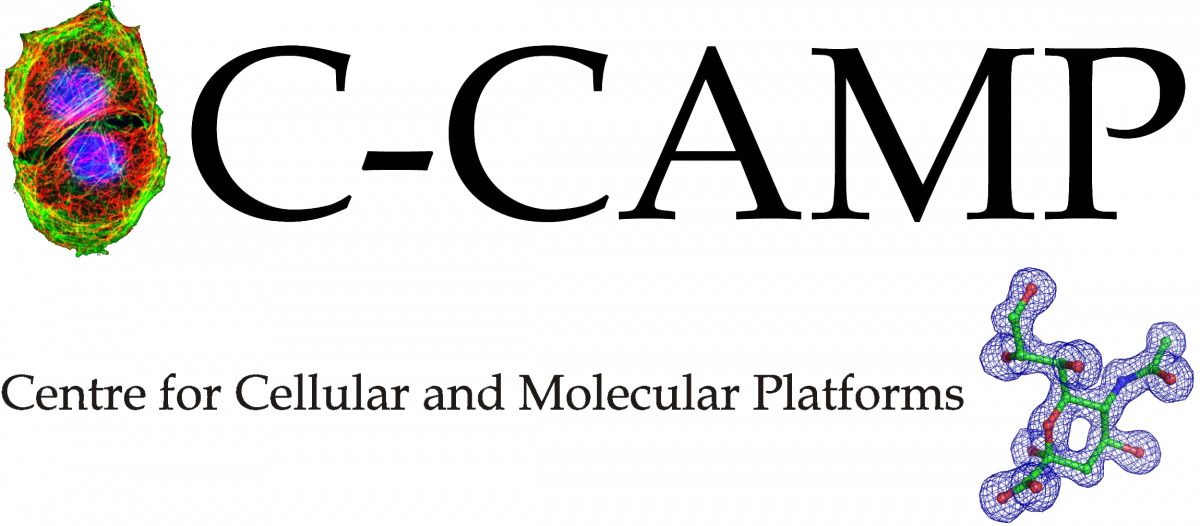The International Telecommunication Union (ITU), the United Nations agency for digital technologies, is deepening its partnership with academia by establishing the Academic Advisory Body on Emerging Technologies. This 26-member group, composed of distinguished professors, scholars, and researchers from around the world, aims to provide critical insights into global technology trends to support ITU’s mission of advancing global communications.
Purpose and Impact
The Academic Advisory Body will deliver timely research, policy briefs, and forward-looking analyses to enhance ITU’s strategic foresight. By integrating diverse regional perspectives and multidisciplinary expertise, the group will explore how emerging technologies—such as artificial intelligence (AI), quantum technologies, and space sciences—can best serve society. The initiative builds on ITU’s long-standing collaboration with academia, as recognized during the ITU Plenipotentiary Conference (PP-22), and aligns with efforts like the ITU Journal to stay ahead of rapid technological innovation.
“This new body strengthens ITU’s commitment to fostering inclusive and responsible innovation,” said ITU Secretary-General Doreen Bogdan-Martin. “By leveraging top academic expertise, we aim to anticipate technological shifts, understand their societal impacts, and ensure emerging technologies benefit humanity.”
The 26 members, selected for their expertise and contributions to emerging technologies, represent leading universities and research institutes globally. They bring a balanced range of disciplines, including policy, law, AI, quantum technologies, and space sciences. Members will serve an initial two-year term.
Members of the Academic Advisory Body
- James Agajo, Federal University of Technology Minna
- Fiona Alexander, American University
- Hoda Al Khzaimi, New York University Abu Dhabi
- Marcio Iorio Aranha, University of Brasilia
- Micheal Best, Georgia Institute of Technology
- Eleni Diamanti, Paris Centre for Quantum Computing
- Touradj Ebrahimi, École polytechnique fédérale de Lausanne (EPFL)
- Urs Gasser, Technical University of Munich
- Alison Gillwald, University of Cape Town
- Arancha González, Sciences Po
- Armando Guio Espanol, Harvard University
- Guifei Jing, Beihang University
- Jerry John Kponyo, Kwame Nkrumah University of Science and Technology
- Lam Kwok Yan, Nanyang Technological University
- Long Gui-Lu, Beijing Academy of Quantum Information Sciences
- Tanja Masson-Zwaan, Leiden University
- Phumzile Mlambo-Ngcuka, University of Johannesburg
- Scott Pace, George Washington University
- Jian-Wei Pan, University of Science and Technology of China
- Robert Pepper, Columbia University
- Balaraman Ravindran, Indian Institute of Technology Madras
- Nagla Rizk, American University in Cairo
- Borja Santos, IE School of Politics, Economics, & Global Affairs
- Urbasi Sinha, Raman Research Institute
- Albert Yefimov, National Research Technology University, Russian Academy of Sciences
- Christopher S. Yoo, University of Pennsylvania
The Academic Advisory Body will play a pivotal role in shaping a future where innovation is inclusive, responsible, and aligned with global needs. By combining global insights with local contexts, the group will help ITU navigate the evolving landscape of digital technologies to ensure they serve the greater good.






